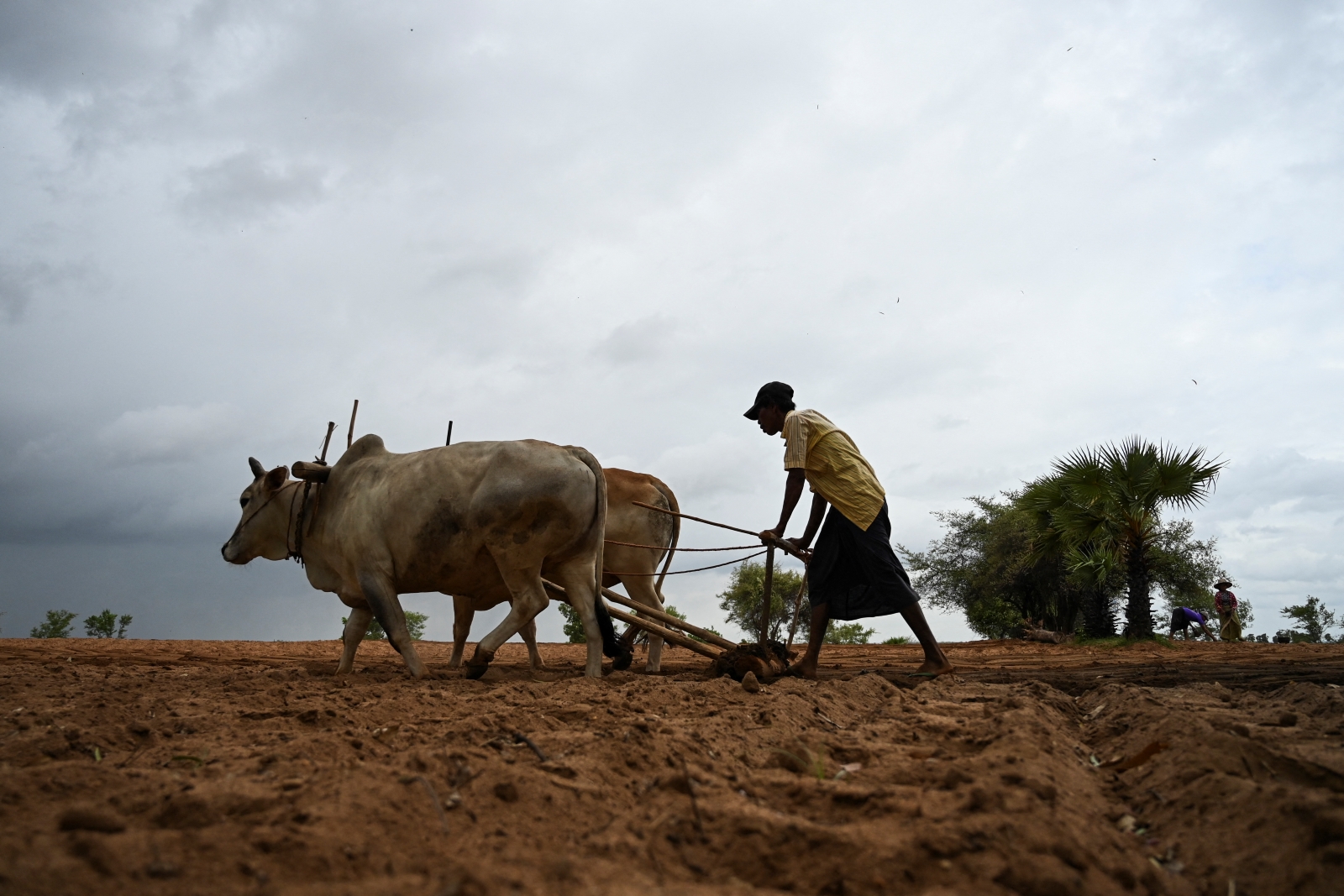The recent surge in the value of the kyat against the greenback was due partly to the Central Bank’s inability to prevent currency speculation.
By SITHU AUNG MYINT | FRONTIER
The volatility of the kyat and its impact on the banking sector has been in the headlines as Myanmar continues its cautious journey towards democratic reform.
Over 10 days from the start of February, the kyat strengthened from about K1,300 to the US dollar, to about K1,205, an appreciation against the American currency of around 7 percent.
The volatility of the kyat during the period seriously disrupted the operations of private banks and authorised foreign exchange counters, forcing them to temporarily suspend buying US dollars.
This week I would like to explore the reasons for the volatility of the kyat, the likely consequences and the role of Central Bank of Myanmar.
Support more independent journalism like this. Sign up to be a Frontier member.
The instability of the kyat has been caused by currency speculation and the inability of the Central Bank to bring it under control.
In the past, most currency speculators were business people and those with “black” money. Since President U Thein Sein’s government came to power in 2011, private banks that can legally trade foreign exchange have become the speculators. In this situation, there is no reason for the authorities to take action against black marketeers, as was often the case during times of kyat volatility under the former military government.
There were several factors behind the recent surge in the value of the kyat against the dollar. The exchange rate is set by the Central Bank and is fixed at a daily auction. Private banks and authorised exchange counters can buy dollars or kyat through the auction system and must buy or sell them at the rate fixed by the Central Bank. That’s the rule but it seems that the Central Bank cannot follow it.
The reason is that sometimes the exchange rate fixed by the Central Bank is lower than that in the market. When the Central Bank cannot satisfy the demand for dollars from private banks and exchange counters it has to sell them through a quota system. The private banks and exchange counters use this as an excuse for limiting the sale of dollars to customers and instead sell them on the black market at a profit. The Central Bank cannot supervise the 24 private banks because it is itself unable to follow the rules it has prescribed. This has resulted in a situation in which the public became victims of exploitation by the private banks and exchange counters.
There are no restrictions on currency trades on the black market. You can buy and sell as much as you like, as was possible in the past when it was illegal to possess foreign currency. It is easy to take action against black marketeers but nothing has happened.
It is the people who suffer because of the instability of the kyat. Myanmar and foreigners who want to buy or sell dollars have been unable to do so at the designated rate and have to resort to black market deals and the risk of being exploited.
Another possible consequence of exchange rate fluctuations is rising commodity prices because of an unstable dollar. When the value of the kyat falls, prices rise. But prices never return to their previous level when the value of the kyat recovers.
Worse than that is the impact from big investment projects that can enable large sums to be acquired by foreign exchange speculators.
The Central Bank and the government are responsible for maintaining exchange rate stability. The Central Bank must adhere to the rules it has prescribed. It must also take action against private banks and exchange counters that flout its rules. A concerted effort is also needed to eliminate the black market in currency transactions. Only then will the country be able to avoid further episodes of the volatility that disrupted the banking sector last week.







